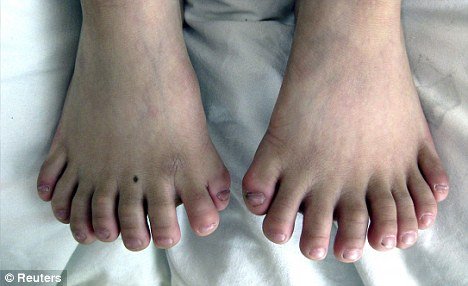Depends how high the heat goes. If enough to temper or soften the ferrous alloy, then yes. Austempering temperature of carbon-alloyed iron matrix is 1,333 degrees F.
It's more complex than this, which is why I was looking for field experiences - usually
@Wild one knows. Different friction pads have different liquification temperatures. Liquification causes brake fade - i.e. - puts a layer of liquid between the pad and rotor at high speed. When you hit the brakes, ain't nobody home. Experienced that once - cooled my a$$ right off after flying through a one way stop sign at naughty speed.
Anyway, carbon fiber ceramic is most resistant to heat fade (hard / high speed braking) so would produce faster wear on high speed and heavy loaded vehicles. I like ceramic, myself. Remember, the heat generated is directly proportional to the friction imparted = stopping "power".
 . I grew up driving overloaded 3-5 ton farmtrucks,that you were lucky if 1 brake out of 4 worked,so i learned along time ago to read traffic,and drive for a mile ahead
. I grew up driving overloaded 3-5 ton farmtrucks,that you were lucky if 1 brake out of 4 worked,so i learned along time ago to read traffic,and drive for a mile ahead

